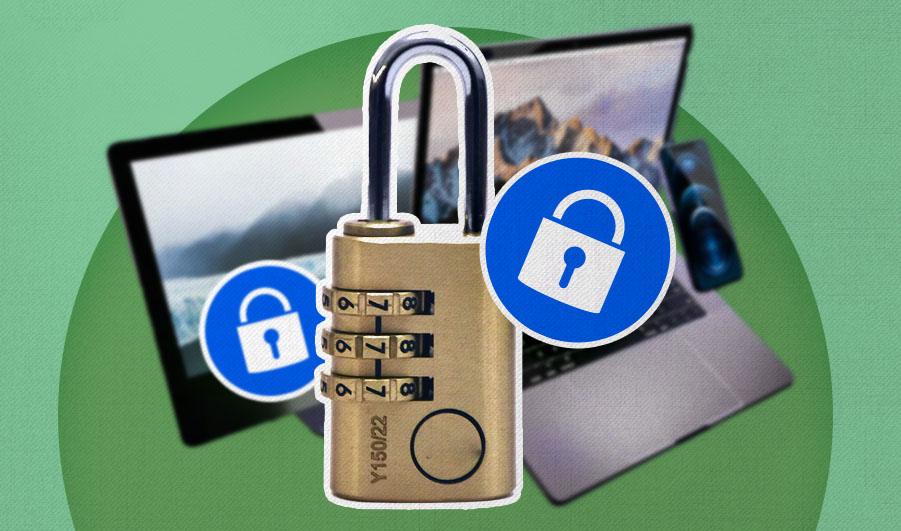CRM Security Best Practices: Protecting Your Customer Data
CRM Security Best Practices: Protecting Your Customer Data

CRM Security Best Practices: Protecting Your Customer Data
As a business owner or manager, you know how important it is to build strong relationships with your customers. Customer Relationship Management (CRM) software helps you do just that by storing all your customer interactions in one place. But, have you ever stopped to think about the security of that data? In today’s digital age, it’s more important than ever to protect your customers’ sensitive information. In this article, we’ll dive into CRM security best practices to help you safeguard your customer data.
Why CRM Security Matters
Your CRM system contains a treasure trove of customer information, including names, addresses, phone numbers, email addresses, and even credit card numbers. If this data falls into the wrong hands, it can lead to identity theft, phishing scams, and other malicious activities. According to a report by IBM, the average cost of a data breach is around $3.92 million. That’s a pretty penny, especially for small businesses.
Moreover, a data breach can damage your reputation and erode customer trust. A survey by Ponemon Institute found that 71% of consumers would stop doing business with a company if their data was compromised. Yikes! So, it’s clear that CRM security is not something to be taken lightly.
Best Practices for CRM Security
Now that we’ve got your attention, let’s dive into some CRM security best practices to help you protect your customer data.
1. Use Strong Passwords and Authentication
Ditch the password "qwerty" and "letmein." Use strong, unique passwords for all users, and consider implementing multi-factor authentication (MFA). MFA requires users to provide additional verification information, such as a code sent to their phone or a fingerprint scan, to access the CRM system.
2. Limit Access and Permissions
Only give access to those who need it. Set up role-based permissions to ensure that users can only view and edit data that’s relevant to their job function. This is especially important for sensitive data like credit card numbers and social security numbers.

3. Keep Software and Systems Up-to-Date
Make sure your CRM software and all related systems are updated with the latest security patches. This includes operating systems, browsers, and plugins.
4. Use Encryption
Encrypt data both in transit and at rest. This means that even if data is intercepted or stolen, it’ll be unreadable to unauthorized parties.
5. Monitor for Suspicious Activity
Keep a watchful eye on your CRM system for suspicious activity, such as login attempts from unknown locations or unusual data access patterns. Consider implementing an intrusion detection system (IDS) to help you stay on top of things.
6. Use Two-Factor Authentication for Remote Access
If you have remote workers or partners accessing your CRM system, use two-factor authentication to ensure that only authorized individuals can get in.
7. Regularly Back Up Data
Backup your data regularly to prevent data loss in case of a security breach or system failure.
8. Use a Secure CRM Hosting Option
Consider using a cloud-based CRM that provides enterprise-grade security features, such as data encryption and firewalls.
9. Educate Users on CRM Security
Educate all users on CRM security best practices, such as avoiding phishing scams and using strong passwords.
10. Conduct Regular Security Audits
Regularly conduct security audits to identify vulnerabilities and ensure that your CRM system is secure.
Additional Tips
A few more tips to keep in mind:
- Use a VPN (Virtual Private Network) to encrypt data when accessing the CRM system remotely.
- Use a reputable security suite that includes antivirus software, anti-spyware, and a firewall.
- Consider using a data loss prevention (DLP) tool to detect and prevent sensitive data from leaving the organization.
- Use a CRM system that provides built-in security features, such as data encryption and access controls.
The Future of CRM Security
As CRM systems continue to evolve, security will become even more critical. We can expect to see more advanced security features, such as artificial intelligence (AI) and machine learning (ML), to help prevent data breaches.
In the future, we may see more CRM systems incorporating advanced security features, such as:
- AI-powered anomaly detection to identify suspicious activity
- Machine learning algorithms to predict and prevent data breaches
- Advanced encryption methods, such as quantum encryption, to protect sensitive data
Conclusion
CRM security is not something to be taken lightly. By following these best practices, you can protect your customer data and prevent data breaches. Remember, a data breach can damage your reputation and erode customer trust. So, take CRM security seriously and take steps to protect your business.
By implementing these security measures, you’ll be able to:
- Protect sensitive customer data
- Prevent data breaches and cyber attacks
- Maintain customer trust and loyalty
- Stay compliant with data protection regulations
In today’s digital age, CRM security is more important than ever. Don’t wait until it’s too late – take action now to protect your customer data and safeguard your business.
Final Thoughts
As a business owner or manager, it’s your responsibility to protect your customers’ sensitive information. By following these CRM security best practices, you’ll be able to ensure that your customers’ data is safe and secure. Remember, security is not just about technology – it’s about people and processes too. Educate your users, implement strong security measures, and monitor your system regularly to stay ahead of cyber threats.
By prioritizing CRM security, you’ll be able to:
- Build trust with your customers
- Prevent data breaches and cyber attacks
- Stay compliant with data protection regulations
- Protect your business reputation
Don’t wait – take action now to protect your customer data and safeguard your business.
